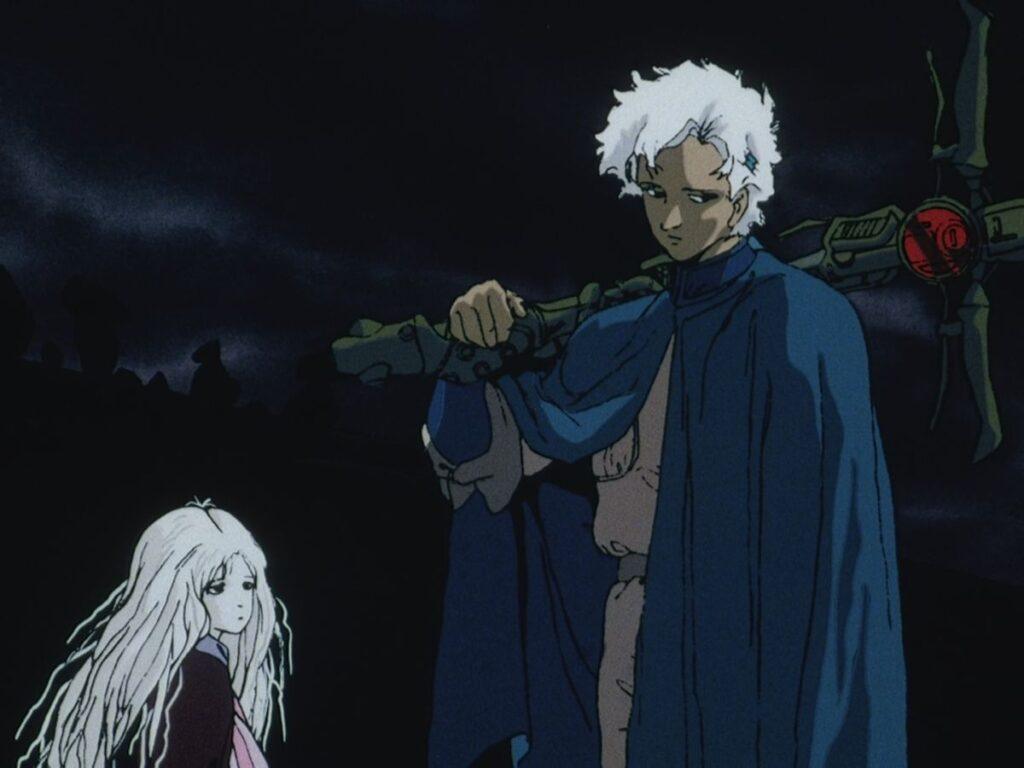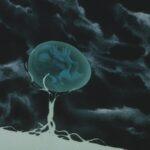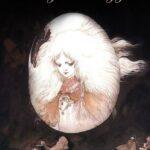There are films that explain themselves as they go—guiding you, comforting you with context and closure. Angel’s Egg is not one of those films. It speaks in images and long silences, allowing the viewer to sink into its dreamlike atmosphere without a map. At the center of this strange, decaying world is a young girl clutching a large white egg, treating it with quiet reverence. She protects it without hesitation, almost like a sacred relic. But what exactly does it represent?
The egg itself is never explained, and that’s what makes it so haunting. It is fragile, pure, and mysterious. The girl carries it as if her very identity depends on it. In a way, it does. She hides it, sleeps beside it, and never attempts to open it—not because she fears what’s inside, but because she already believes in its importance. The egg becomes a kind of mirror for the viewer: what you bring into the film—your faith, your doubt, your longing—shapes what you see in it.
Some say the egg symbolizes faith. Others say it’s hope, or memory, or the soul. But perhaps it’s not meant to be just one thing. Like a dream we struggle to remember, it shifts the more we examine it. Its meaning lives in the quiet space between belief and uncertainty.
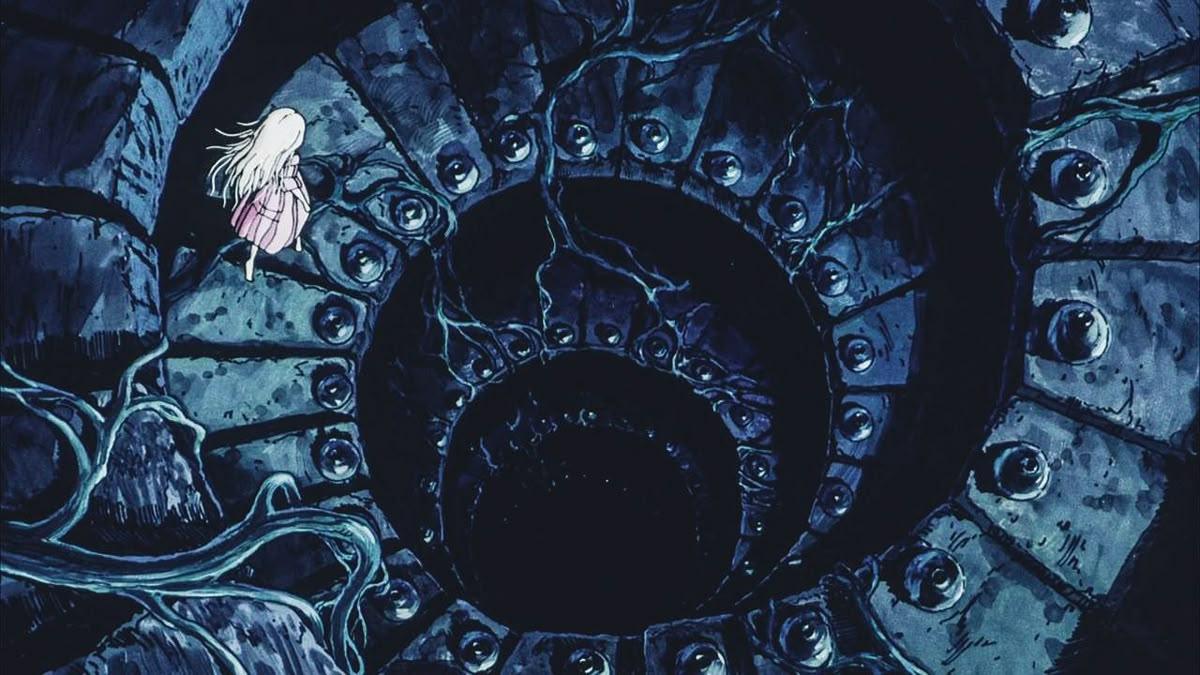
Cracks in Meaning: Doubt and Destruction
There is a moment in the film—quiet, almost still—when a man enters the girl’s world. He questions her, gently at first. He asks about the egg, what she thinks is inside. She never answers directly. She doesn’t have to. Her belief is unshaken. Or at least it appears that way.
As the story unfolds, this man becomes the embodiment of doubt. He is not cruel, but he is curious in a way that feels invasive. Where the girl clings to belief, he seeks understanding through destruction. Eventually, he smashes the egg.
That act is devastating—not just for the girl, but for the viewer. And yet it’s not shocking. In a world so empty and uncertain, the temptation to “find out” becomes overwhelming. The egg, in this moment, becomes a metaphor for fragile belief systems, or innocence, or blind faith. When it’s broken, there is no grand revelation—only absence. An echo. A void.
The film doesn’t tell us what the man finds. Because there’s nothing to find. That emptiness is the point. Sometimes, in our search for meaning, we forget that faith is not about proof. It’s about holding onto something even when we can’t see or explain it. The egg’s destruction is the climax of that tension: belief versus the need for answers.
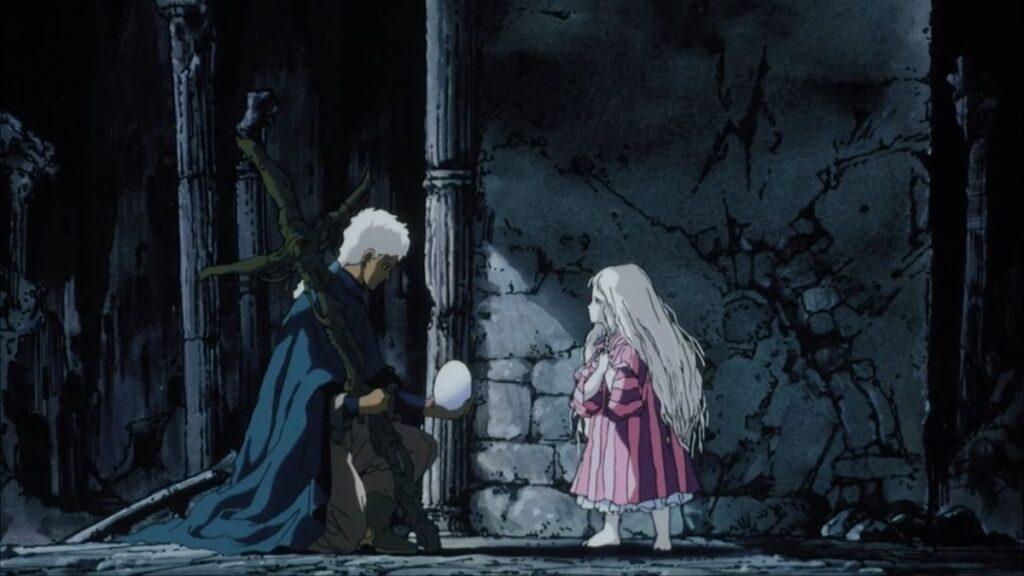
Holding On to Meaning in a World That Offers None
Even after the egg is gone, its presence lingers. The girl’s quiet devotion echoes through the ruined landscape. Her sorrow is not just for the egg, but for the loss of something deeper—her purpose, her belief, her sense of connection to whatever remained sacred.
In many ways, the egg represents what we all carry: the stories we tell ourselves to survive. The meanings we assign to things when the world gives us none. In a time where everything feels uncertain—spiritually, socially, existentially—the egg becomes a symbol for that last thread we cling to. It could be hope. It could be identity. It could even be love.
Angel’s Egg refuses to pin the egg’s meaning down, and in doing so, it honors the mystery. It invites us to protect our own “eggs,” whatever they may be. It reminds us that not everything needs to be understood to be valuable.
In the end, maybe the egg doesn’t symbolize just one thing. Maybe it symbolizes the act of believing itself—fragile, personal, and sometimes unbearably lonely.

